Memoirs of a Superfan Vol. 8.4: Dead Dads are Here to Stay
Dead Dad (Last screening!)
New People
March 24, 2013 12:30 pm
I screened DEAD DAD before CAAMFest began, and loved it. The movie screens twice more this week, and I highly recommend the film. Great writing, fantastic ensemble cast, very well shot, accessible and meaningful storyline – this narrative feature has a lot going for it. I had hoped to meet Ken Adachi, the writer/director, but our schedules didn’t coincide. We were able to connect through the magic of email, though. Here is our brief Q and A.
Tell me a little about your background in film.
I studied film history, criticism and production and received both my Bachelors and Masters in the field. During that time I made dozens of short films and dabbled in music videos and commercials, basically everything except a feature film.
What inspired you to make this movie?
I was eager to get my first feature off the ground and given that we had no budget, my co-writer (Kyle Arrington) and I knew the idea had to be manageable in scope. He pitched me a line about siblings dealing with their father’s death and everything seemed to click. We shared past experiences about family, relationships and loss, and the script seemed to write itself as we were inspired by each other’s stories.
What were your chief influences?
Throughout the development process I found inspiration in films by Mike Leigh and Hirokazu Kore-eda.
Some technical questions, to satisfy those folks! How long did it take you to film? What camera did you use?
We shot nights and weekends over the course of one month and did a few days of pickups once the rough edit was complete. Our primary camera was the Canon 5D Mark II and we also got supplemental footage on the 60D and 7D.
Since I’m a psychiatrist, I’m really interested in the issues of “emotional inheritance” – that resonates so deeply. Could you say more about what your characters inherit, and what they’re trying to work through, for someone who hasn’t seen the movie? And perhaps on a more personal level, why this topic resonated with you?
It’s interesting you bring this up because it is a crucial aspect of the backstory that can be easily missed in the film. This family had been in a broken state since their mother passed away many years prior. The father could not handle the loss and had become apathetic towards his children. Now, years later, the father has died and his children, now young adults, are left without the man they could blame for all of their problems; they had lost their common enemy. The children inherited their father’s inability to connect with others, and this film is about the siblings trying to break through their individual barriers.
What resonated with me the most when writing the script wasn’t necessarily specific to emotional inheritance, but the struggles of communication during grief. My goal was to tell this story without bias towards any of the siblings because it was important for me to convey that there is no right or wrong way to grieve. I, like the siblings, have a tendency to internalize my emotions and in some ways found therapeutic release by making this film.
What are your release plans for the film?
I can’t disclose much, but the goal is to release the film by late summer or fall.
Thank you!
Ravi Chandra, M.D. is a psychiatrist and writer in San Francisco. You can find more of his writing and performance at www.RaviChandraMD.com, where he invites you to sign up for an occasional newsletter. His Pacific Heart blog is at Psychology Today, http://www.psychologytoday.com/blog/the-pacific-heart.

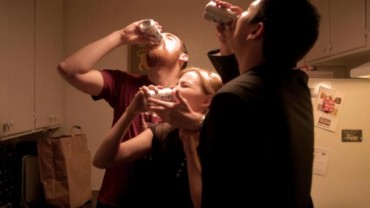






























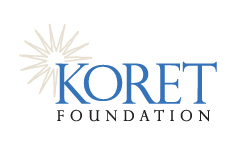















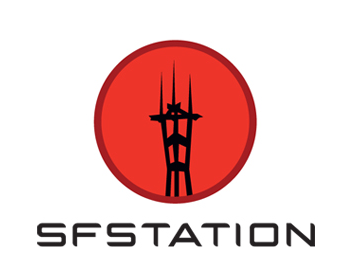

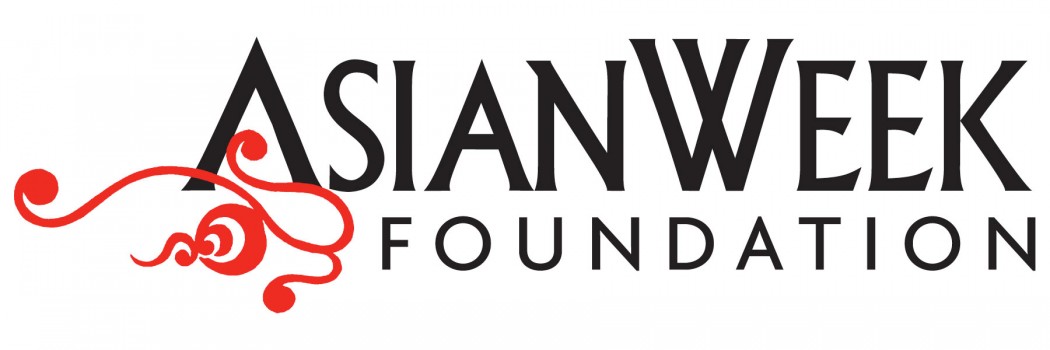






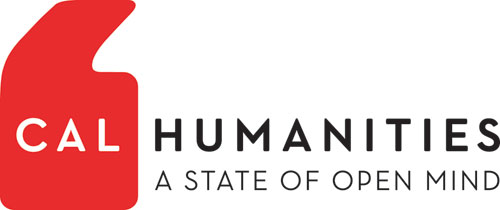
























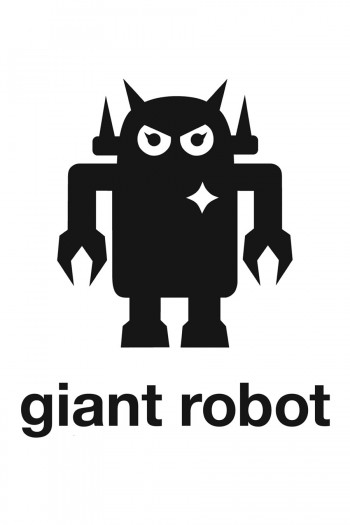







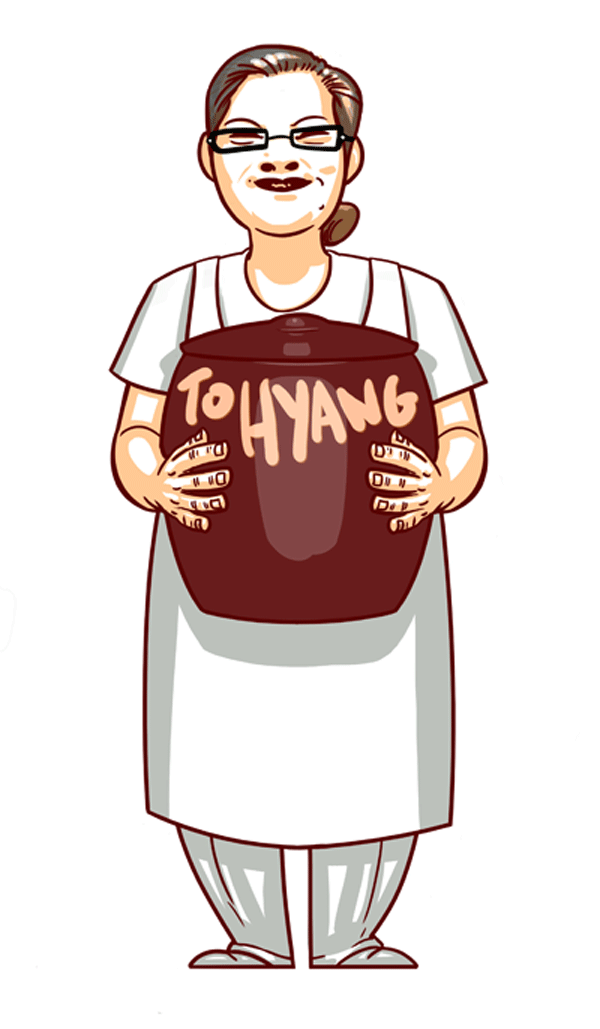










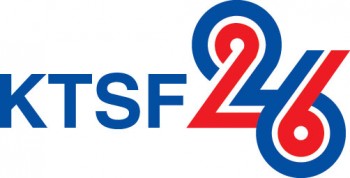


























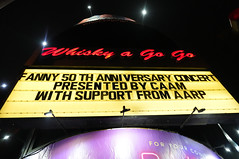
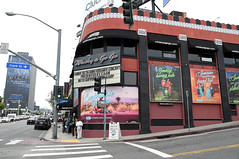

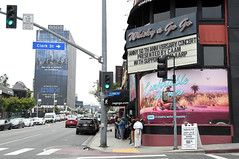
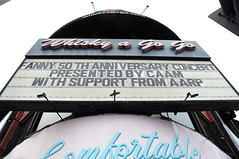

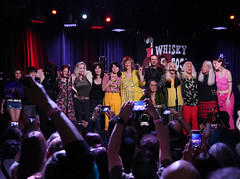
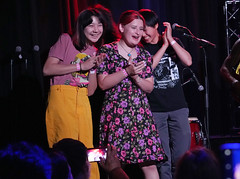
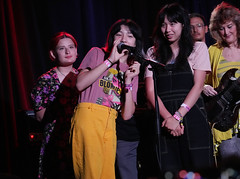


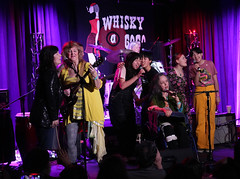
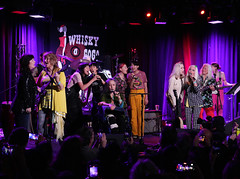

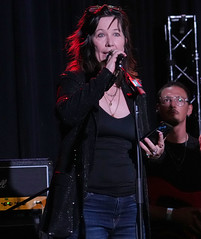
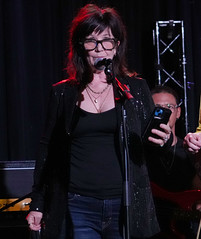
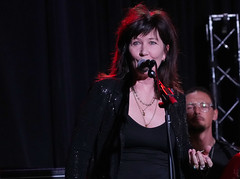

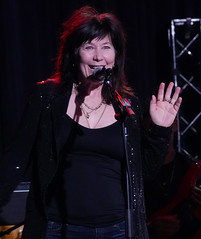
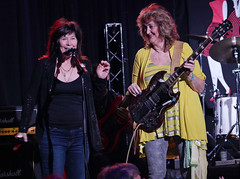

Follow Us!